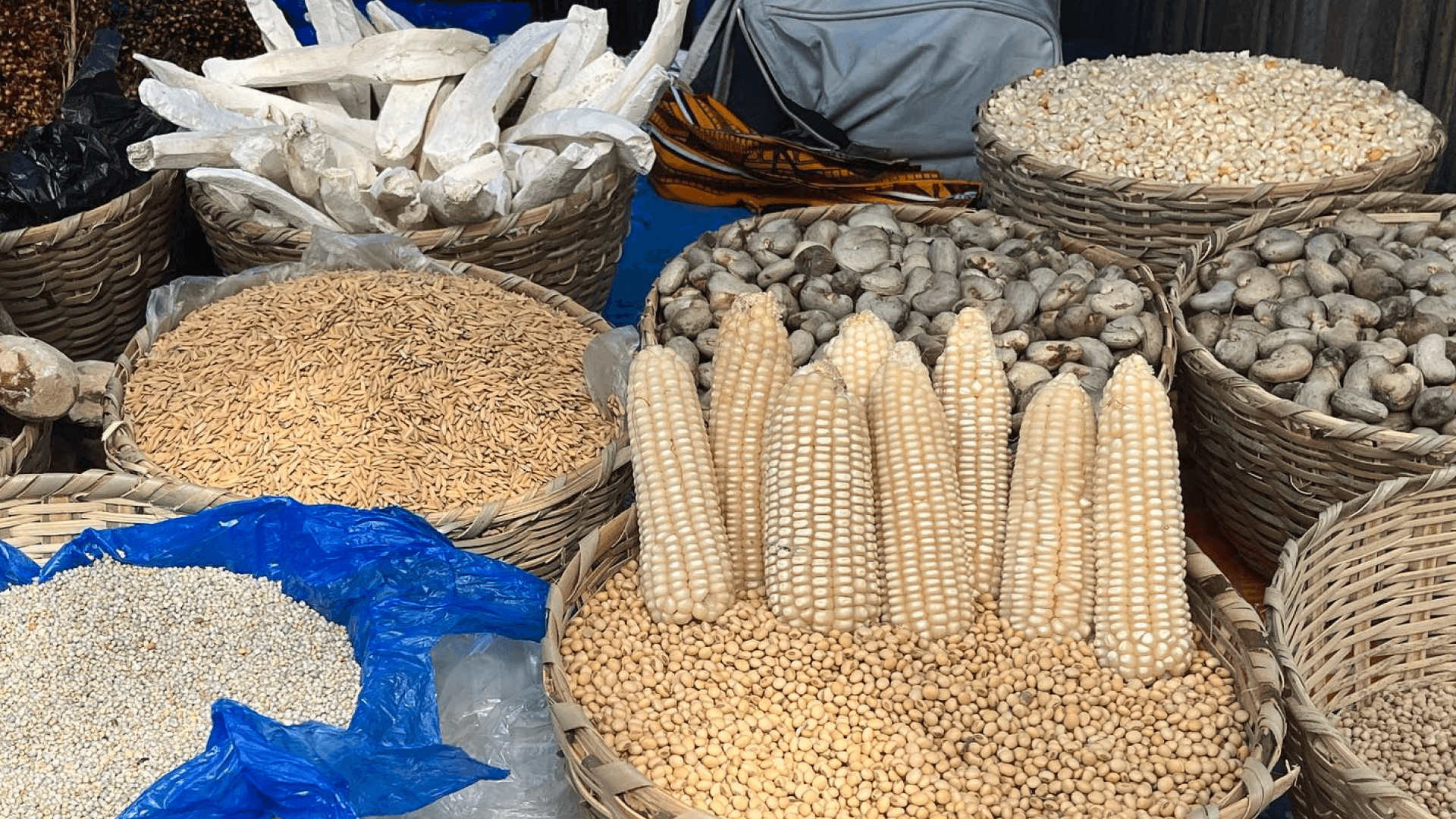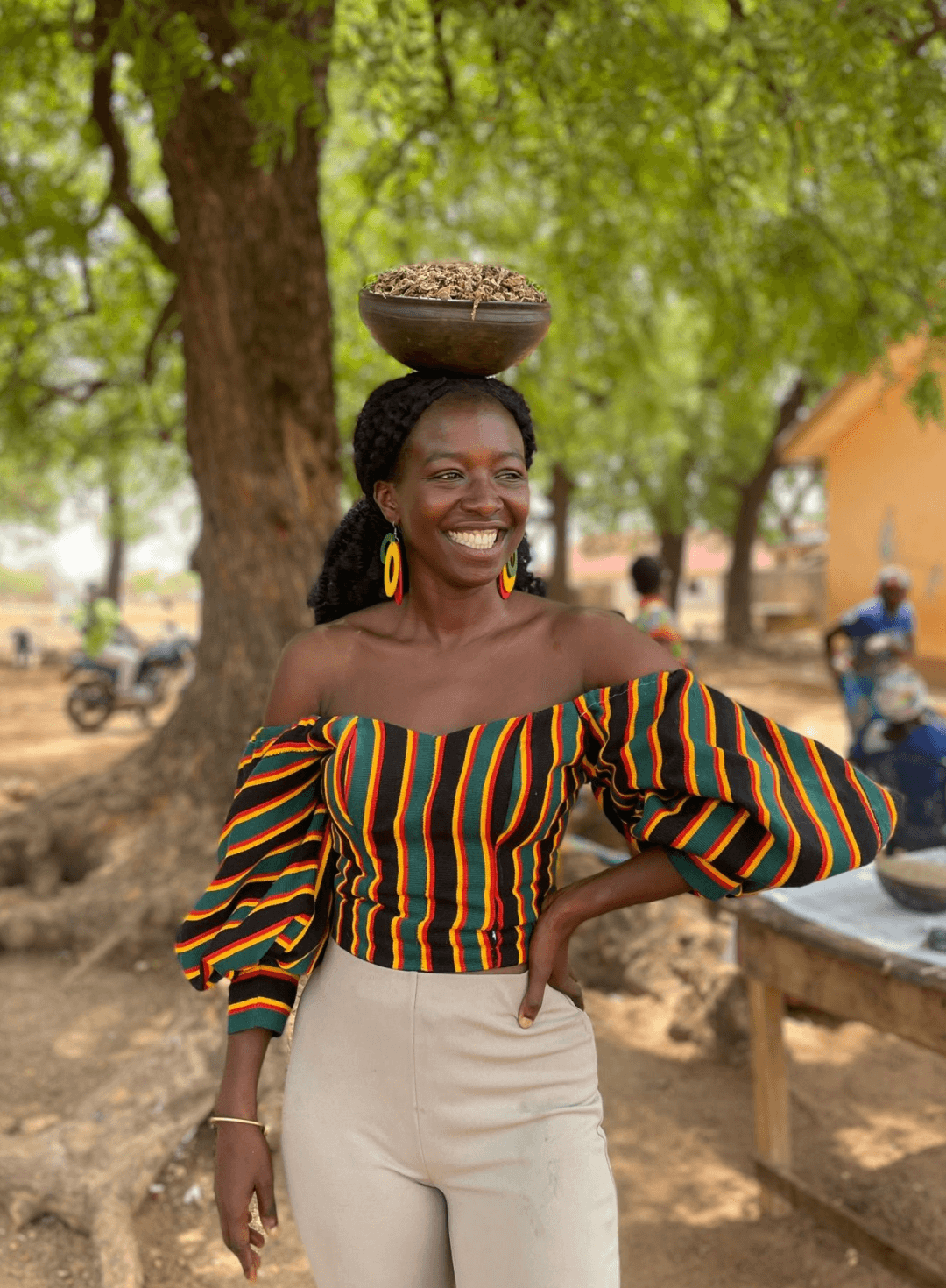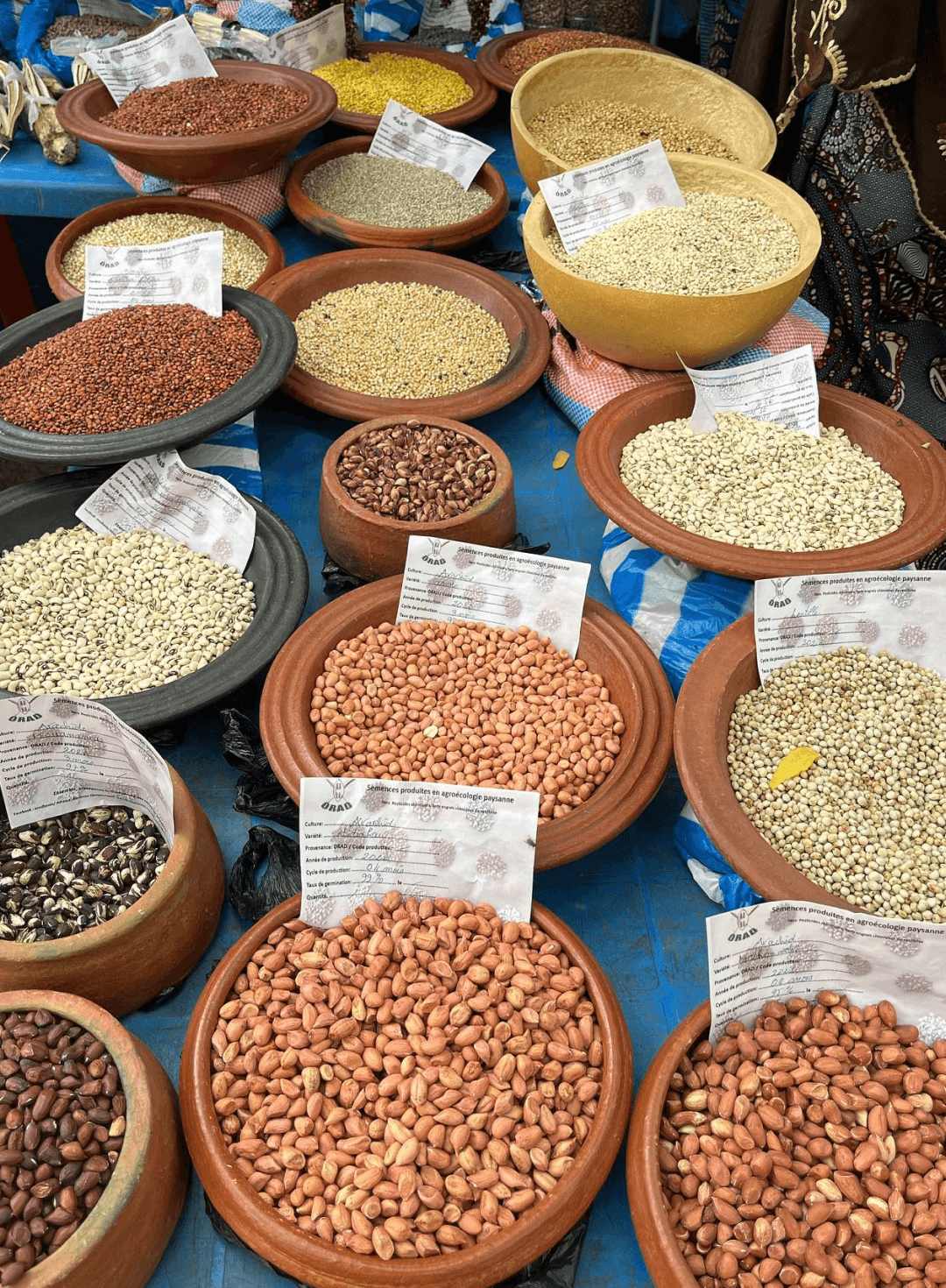Some roads you choose and some roads choose you.
In 2019, I (Jane) realised I had been walking away from home. For years, I followed the road expected of a chef, celebrating the cuisines of the world while silencing my own. Yet one day I found myself standing at the edge of one, an unfamiliar road yet strangely familiar; a path that, I would come to see, was leading me home.
Back then, the unspoken rule was clear: to be a chef worth noticing, you celebrated the world. French sauces, Japanese broths, Italian pastas; these cuisines were seen as worthy. Ours, African foods, were rarely spoken of in the same breath.
It’s not that they didn’t exist. These indigenous foods lived in rural kitchens, carried in the hands of our grandmothers but they were silenced and overlooked, left in the shadows of “fine dining” and “global gastronomy.”
For a while, I obeyed that silence.
I plated pasta dishes and sushi rolls, while hiding the meals that had shaped me. The earthy bowls of fermented sorghum. The tenderness of amaranth leaves simmered slowly over fire. The grounding comfort of amadumbe (arrowroot). I had turned away from the flavours that led home, believing these foods were too ordinary, too rustic and too unsophisticated for the world stage.
Memory is stubborn; it lingers. It has a way of pulling you back to a point I could not shake the smoke clinging to my mother’s kitchen walls, the steady percussion of bubbling pots, the chorus of voices rising in laughter around the fire. These foods lived in me, waiting for their song to be heard again. All at once, I knew: remembering was no longer enough, I had to bring them back to the table.
So I did.
I began placing these indigenous ingredients on the table again, unapologetically, not because it was fashionable (it wasn’t), but because the music had become too loud to be silenced.
At first, it felt like solitude, as though I was walking through unmarked territory, carving out a path that led home, though the world wasn’t ready to walk it with me. It was like a lone voice, singing into silence. But slowly, along that road, I began to hear echoes.
A subtle revolution was unfolding.
Everywhere I looked, heritage was resurfacing. In the way the African hairstyles were starting to be worn with pride, in the languages being reclaimed, in the confidence with which our African stories were told. A tide was turning, a gentle insistence that what was once hidden deserved to be seen.
And I realised: If our voices, our art, and our identity could rise again, then our food must rise with them. – Jane
The work was not easy. For a time, it was isolating. But eventually, I found others. Abena was between Ghana and Canada. Livhuwani was between the UK and South Africa. We connected online, sharing ideas and dreaming aloud about how African foods could shine again, just as our ancestors once allowed them to.
From those exchanges, bold steps followed. Abena began hosting retreats in Ghana, welcoming people from around the world to reconnect with African ingredients. Livhuwani and I began documenting, teaching, and hosting dinners. Slowly, what had felt like a solitary road became a shared movement.
Today, that movement is no longer hidden. It is blooming.
Across the world, African chefs are reclaiming their foods with pride. Renowned names are weaving indigenous ingredients into their menus. Travellers are crossing oceans just to taste them. The media, once silent, can no longer look away.
What began as a whisper is now a chorus.
You can hear it in Chef Mokgadi Itsweng’s Mugg & Bean sorghum salad. You can taste it in Chef Zororo Tarivunga’s creative snacks made of cocoyam and cassava along with her drinks infused with baobab. You can feel it in Tapiwa’s transformation of African ingredients into ice cream; deliciously creamy and joyfully unexpected. These are voices joining together; each one carrying a different harmony, but all adding strength to the same song.
This is only the beginning. More chefs and foodies, many I have yet to meet, are lifting their voices. What was once dismissed as “poverty food” is being redefined for what it truly is: deeply nutritious, profoundly beautiful, and the real wealth of our continent.
African Indigenous ingredients are living archives. They remember migrations and droughts, trade routes and survival. They carry the fingerprints of those who came before us and the blueprints for those who will come after.
Now, finally, they are singing again.
Across restaurants and kitchens, indigenous African ingredients are stepping into the light as foundations. Chefs are fermenting, braising, roasting, reinventing to let these foods speak their truth and carry their own melody.
It is a chorus that will not be silenced again.
So, here’s a challenge for you,
During this Heritage Month, don’t just read these words, act on them. Add your voice to the chorus. Visit an African-centred restaurant in your city. Taste the depth of a dish made with indigenous ingredients or bring them into your own kitchen. Cook with sorghum, amaranth, cowpeas or millet. Help to shape a future where African Ingredients stand tall with pride.
The table is set. The chorus is rising, will you sing with us?
Article written from Jane’s perspective.





This article is fantastic! Reconnecting to our African indigenous foods is a reconnection to our land, our roots, our taste buds, and to our grandmothers’ and grandfathers’ great contributions to the current food systems and diversity we have today. But also eating and highlighting more African ingredients translates to changing the future of farming, which means that more indigenous African ingredients will be grown, which is important for biodiversity. This is not just a movement, it is an earth and ecology transition. Thank you Jane and Livhuwani.
This article is fantastic! Reconnecting to our African indigenous foods is a reconnection to our land, our roots, our taste buds, and to our grandmothers’ and grandfathers’ great contributions to the current food systems and diversity we have today. But also eating and highlighting more African ingredients translates to changing the future of farming, which means that more indigenous African ingredients will be grown, which is important for biodiversity. This is not just a movement, it is an earth and ecology transition. Thank you Jane and Livhuwani.